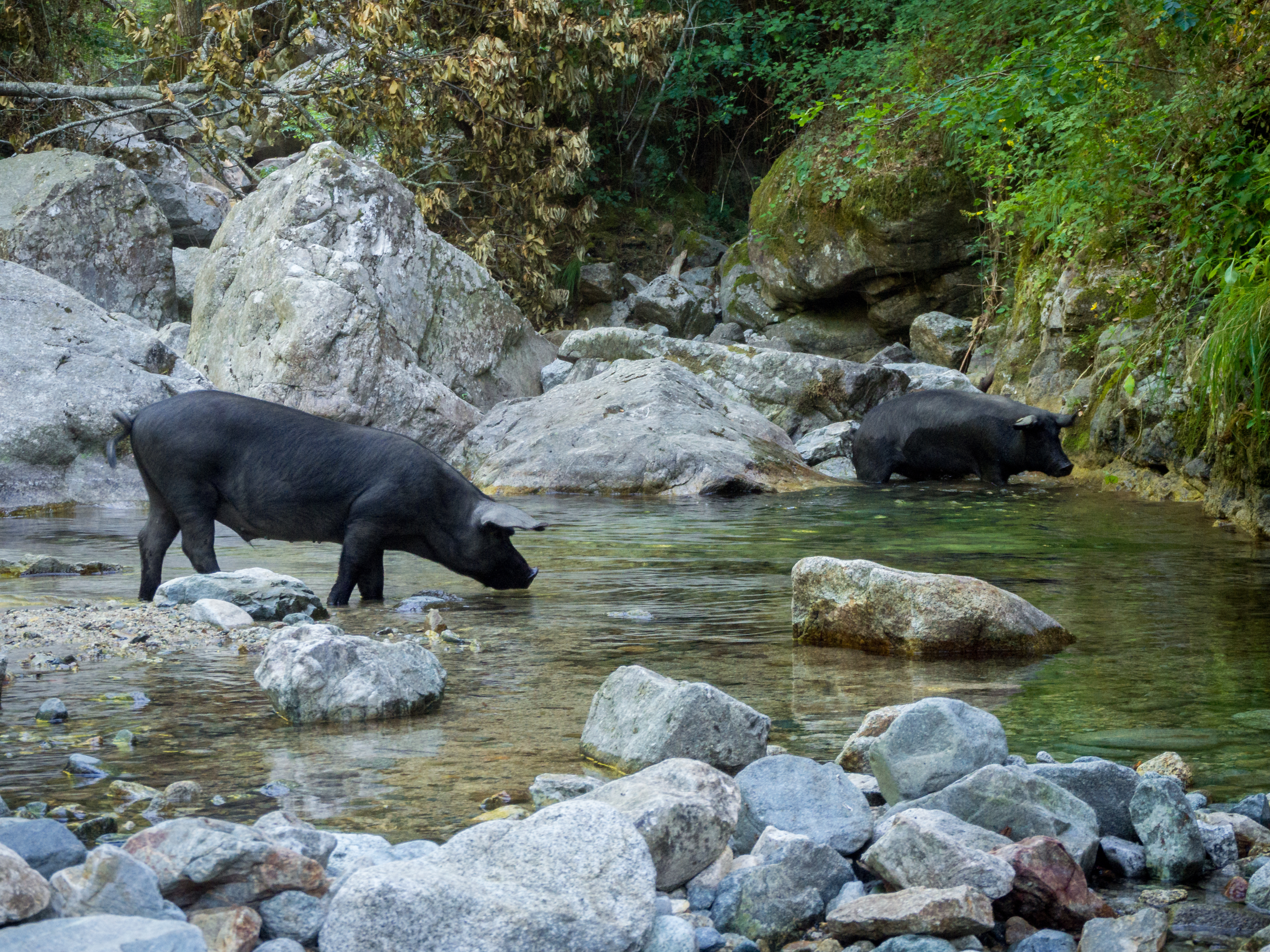



Indonesia finds thousands of dead pigs in waterways
More than 1,000 pigs infected with Classical swine fever have been collected from waterways and disposed of by Indonesian authorities but hundreds of carcasses remain.According to Channel News Asia, hundreds of bodies are yet to be recovered from the rivers and a lake near Medan, the capital of North Sumatra.
The latest reports indicate that since September, around 6,000 pigs in North Sumatra have died from infection with the Classical swine fever (CSF) virus, otherwise known as hog cholera.
Swine carcasses are being tested for both CSF and African swine fever (ASF) which have similar clinical signs and both are confirmed to be present in pig populations in North Sumatra this month.
Local authorities have implemented biosecurity measures to prevent further spread of both diseases which can be spread through a number of methods.

Prevention of African swine fever
There is no live or attenuated vaccine for the prevention of ASF therefore control of the virus is reliant on strict biosecurity.
- Do not feed domestic pigs food waste; this is illegal in the UK, other EU regions and some states within the US
- Where ‘permitted garbage feeding’ is legal in US states, pigs fed this way are prohibited from exportation.
- Do not leave food waste exposed for wild swine species to access. Dispose of food waste properly.
- Abide by strict biosecurity rules. Do not take pig meat onto farms, or restrict all food (and consumption of food) to a canteen. All staff on farm should be inducted onto a strict programme of hand and equipment sanitisation before and after contact with pigs.
- Follow rules and regulations on disposal of food waste at ferry ports and airports.
- Provide the means for staff and visitors to thoroughly sanitise their hands and equipment.
- Ensure that wild boar, warthogs and wild pigs, and materials potentially contaminated by such wild species do not come into contact with domestic pigs.
- Check infected regions before import of goods that could potentially be contaminated.
- Advise and educate people on the risks of bringing back pork products from infected regions.








